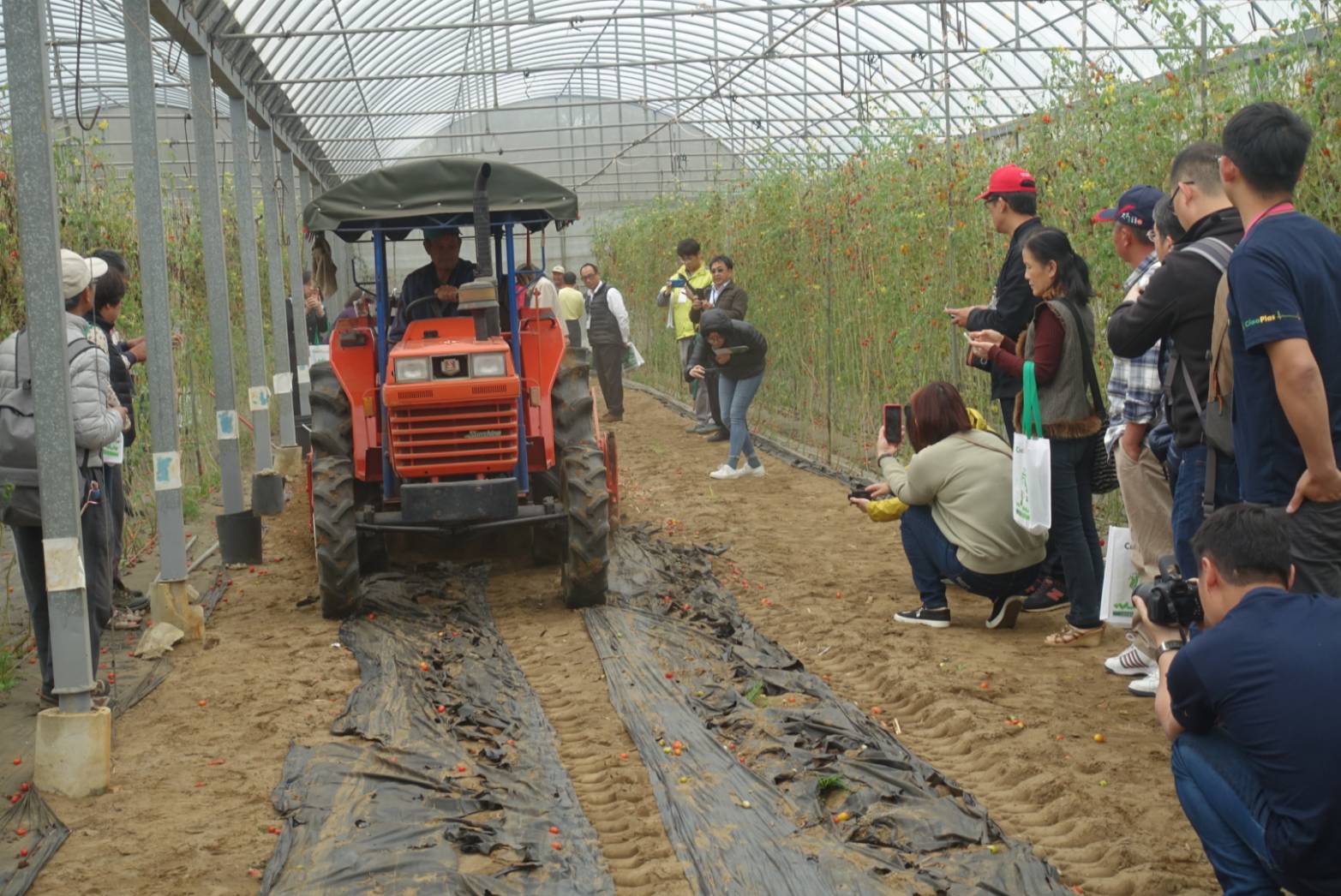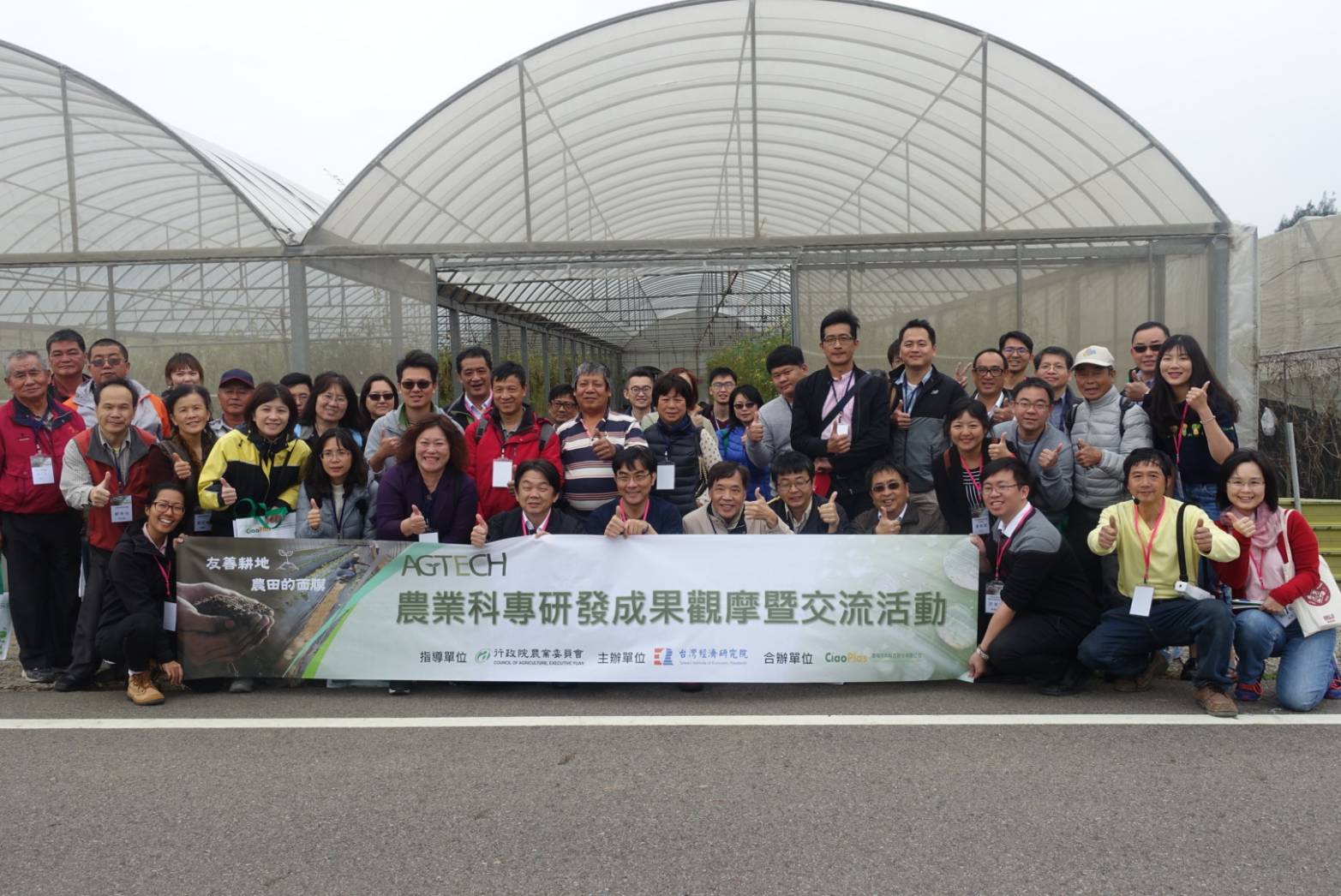News
Environmental-friendly and Biodegradable Agricultural Film is Ready to Hit the Market
The Council of Agriculture (COA) entrusted Taiwan Institute of Economic Research (TIER) to hold the AGTECH Program R&D presentation and exchange activity on March 15 in Qiding community center, Miaoli County, showcasing the accomplishment of biodegradable agricultural film from Chiao Fu Material Technology Co., Ltd.. This biodegradable agricultural film practiced in the open-field and PE-house cultivation was demonstrated on site and how to till into the soil after cultivation was explained as well. The R&D achievement has get patents domestic and international and has been commercialized in the market. The COA thus expected this program can promote enterprises to invest in developing environment-friendly agricultural materials continually.
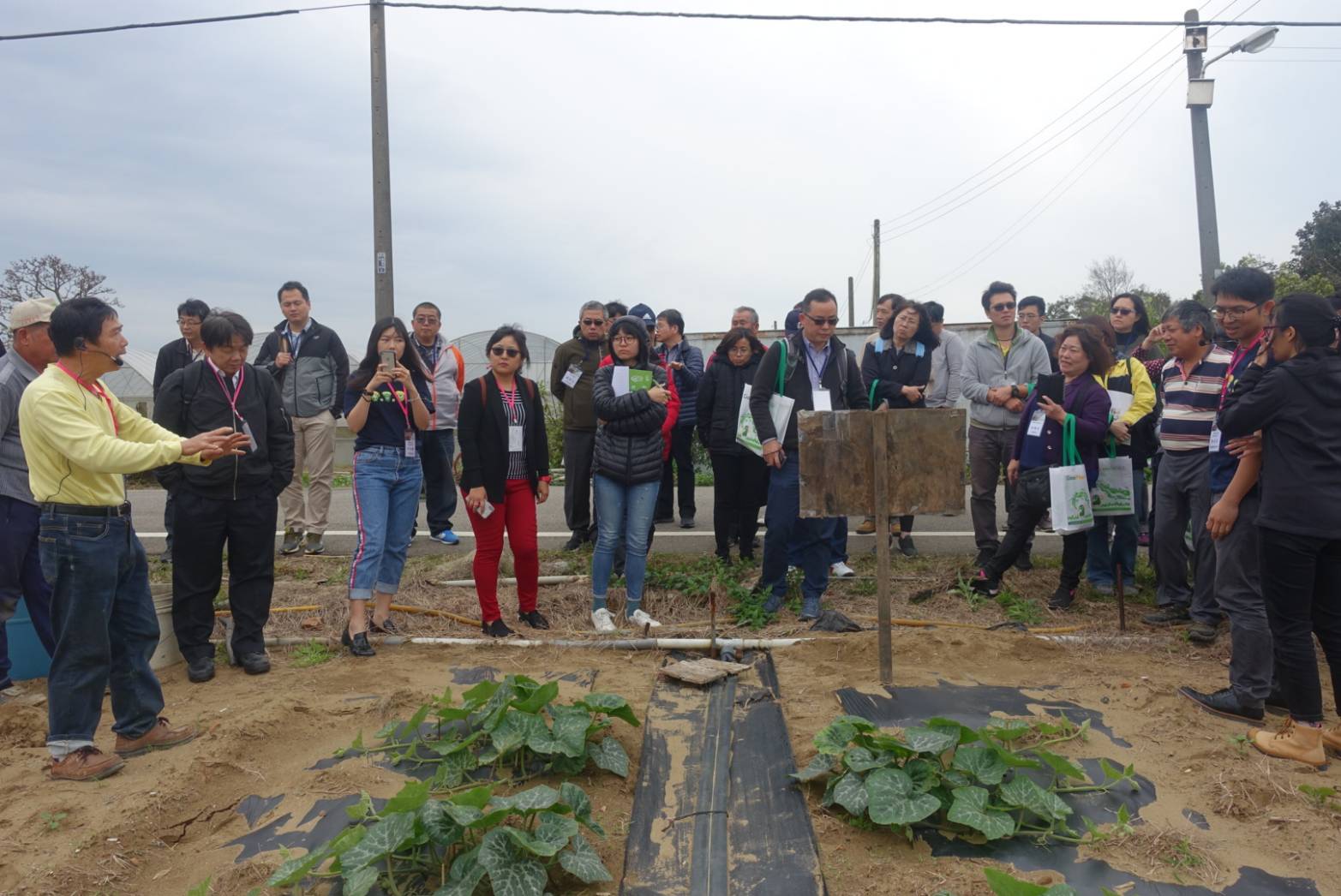
Biodegradable agricultural film with value-added formula turns into a protective ”facial mask” on the farmland
The COA explained that the conventional plastic agricultural film often caused the difficulty in recycling after use or the pollution of residue in the farmland. In comparison, the benefits of using this biodegradable agricultural film help control weeds, reduce evaporation, resist rain erosion and so on. The major products of Chiao Fu Material Technology Co., Ltd. comprise reinforced fiber made of nylon, polypropylene and biomass materials. Through the launch of AGTECH, the business scope expands to agricultural materials which take advantage of innovative technology from Taiwan Agricultural Chemicals and Toxic Substances Research Institute, COA, Plastics Industry Development Center, and National Chung-Shan Institute of Science and Technology. For instance, agricultural by-product like the wheat husk from brewery has been made into the formula by adding polylactic acid and effective microorganism strain for soil improvement to create biodegradable agricultural film. In addition, the company cooperated with the Agricultural Technology Research Institute and agricultural producers' cooperative in Mioli County to complete the experiment on strawberry, watermelon and tomato plantation, which proved that its product can replace traditional plastic agricultural film effectively. Afterwards, the tilling machine can mix the biodegradable agricultural film into the soil and decompose naturally. Compared with the costly recovery of traditional plastic agricultural film, using the biodegradable agricultural film is more competitive, and the farmers who joined this activity were contributing to ardent discussion.
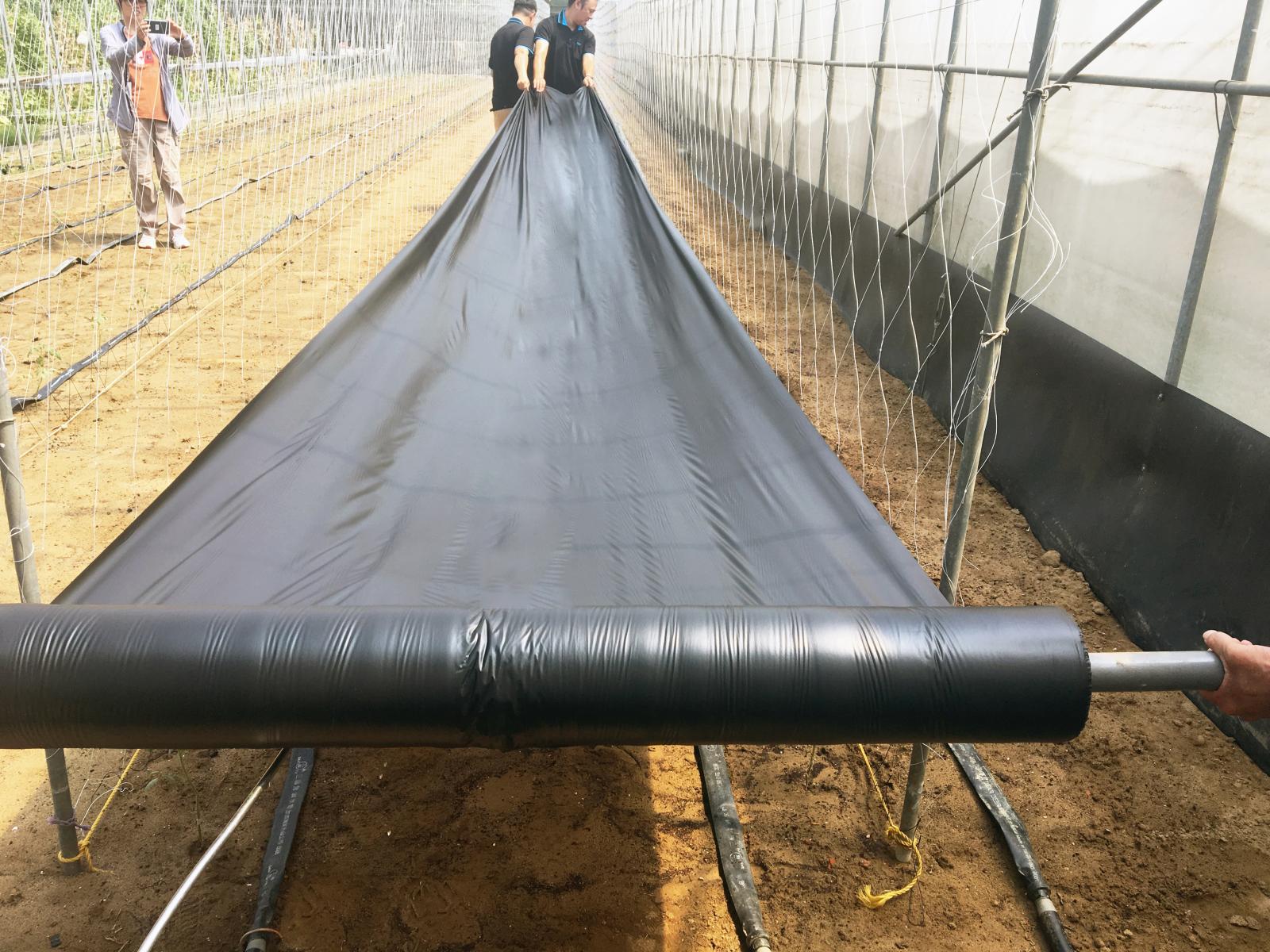
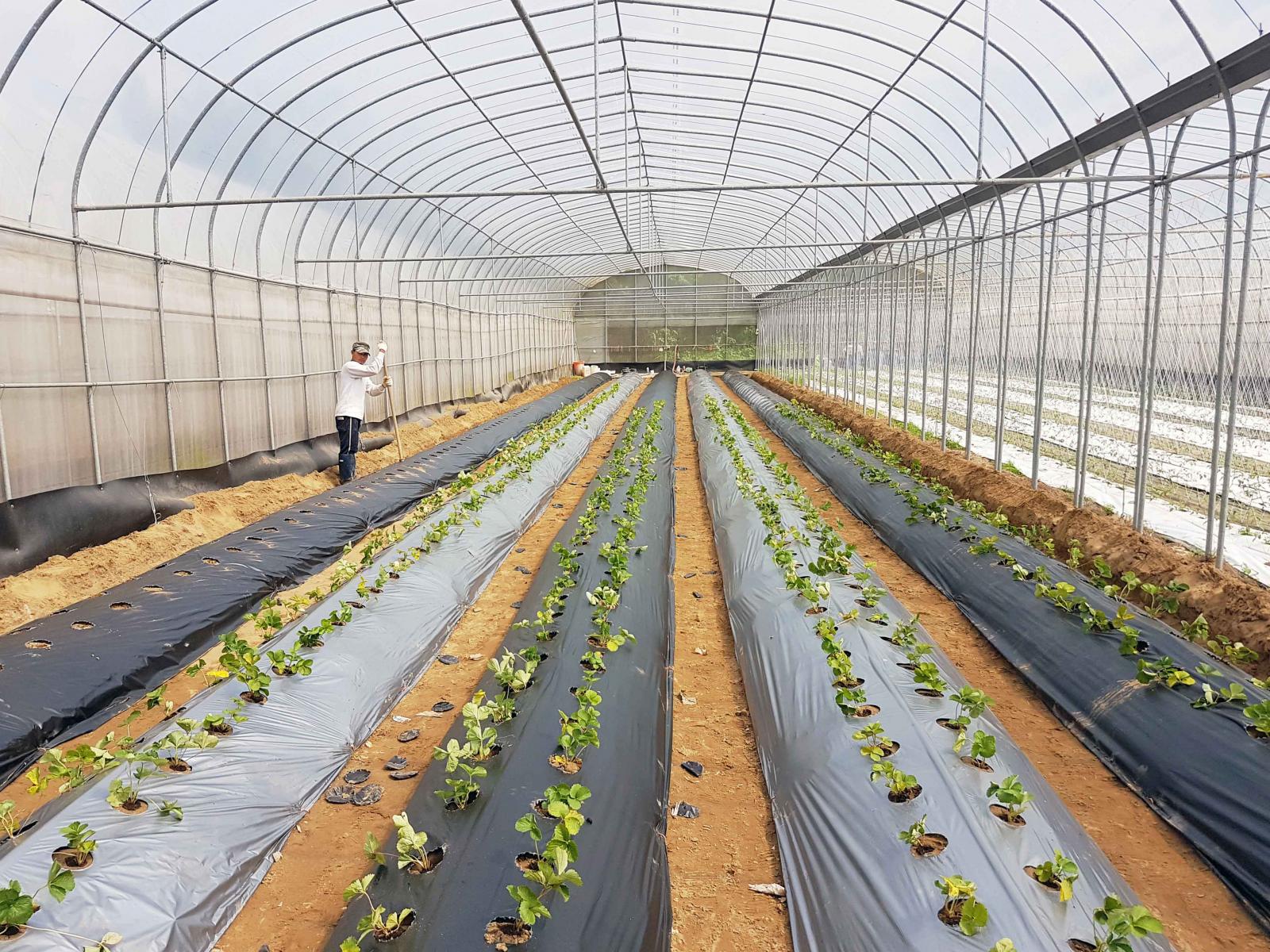
The COA stated that the innovation has get patents in the country and continued to arrange intellectual property right overseas. The company participated in 2018 Agricultural Good Idea Crowdfunding Contest and successfully raised funds, and also receiving constant enquiry from farmers to bring up the repurchase rate. The concept focused on environment and circular agriculture, utilizing AGTECH program resources to develop biodegradable agricultural film with the additive of agricultural byproduct and effective microorganism. Besides, the biodegradable agricultural film could be developed for customizing by the willing disintegration time; the company could also develop other kinds of biodegradable agricultural material products. Regarding the market strategy, the company takes the initiative to cooperate with domestic and Japanese enterprises. Hopefully through the company’s dedication to environment protection and circular agriculture, more farmers would be willing to adopt eco-friendly materials, which can not only put R&D into practice but also realize the goal of sustainable development.
Assist companies to invest in innovative agricultural R&D across the industry
The COA stated that the AGTECH Program has completed 74 projects since its inception in 2007. An estimate based on the accumulated result shows that each NT Dollar that the government spent in subsidy would in turn result in an average of 1.35 NT Dollar direct investment from the industry and yield 7.22 NT Dollar worth of production value. Moreover, the derivative investment that comes from the enterprises is over NTD 1.6 billion. The Council would continue to promote the AGTECH Program to encourage more innovative R&D, so that industrial transformation could be carried out to achieve sustainable development of new agriculture.

